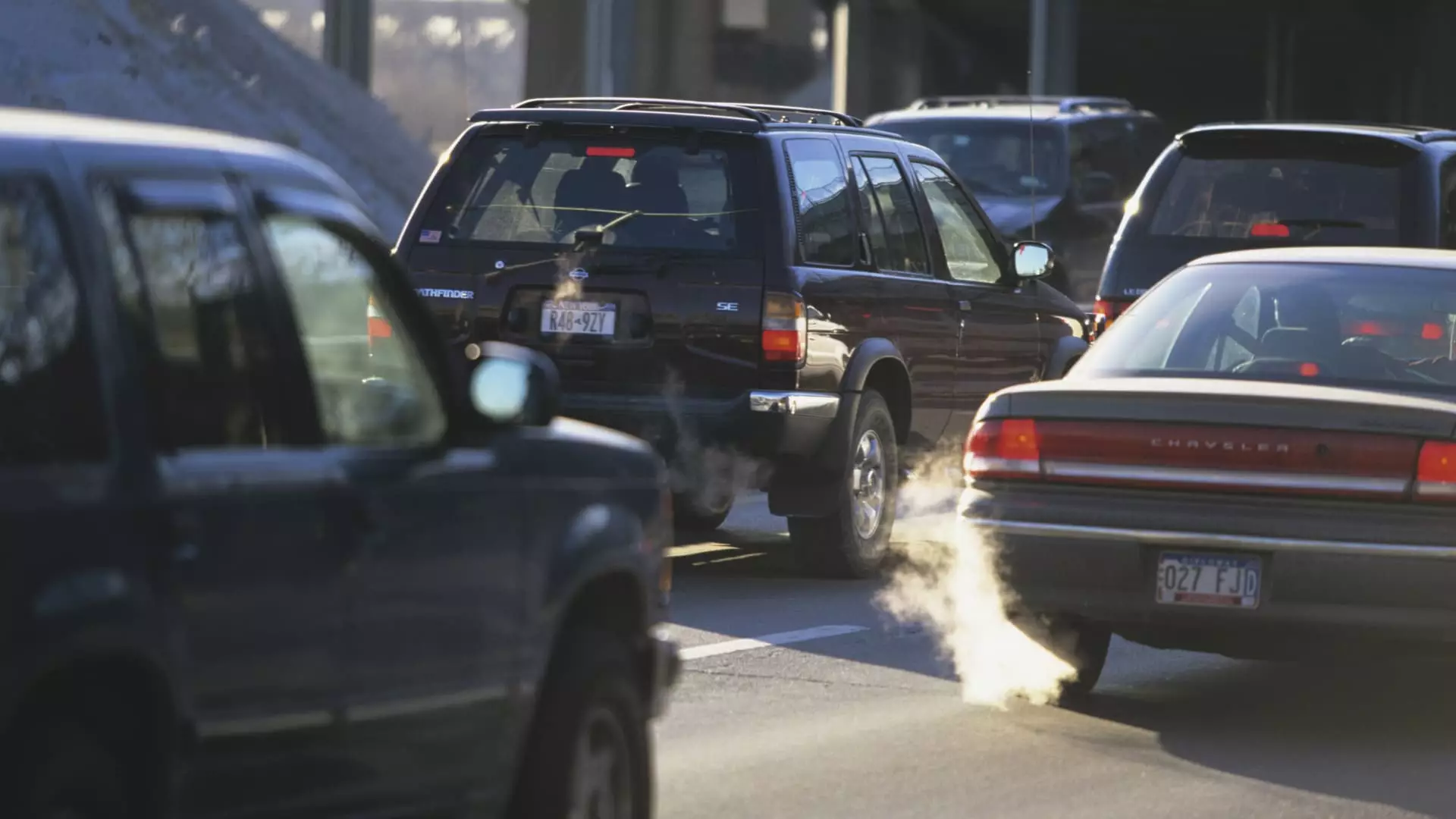New York City is on the verge of implementing a ground-breaking zone-based tolling program, set to be the first of its kind in the United States. Designed to reduce traffic congestion and improve air quality, the tolling system is expected to commence in the spring of 2024. However, the impending toll increase and its potential impact on commuters has sparked significant debate and controversy.
While the final toll price remains undecided, insiders familiar with the project estimate that entering or exiting Manhattan south of 60th street could range between $9 and $23 for private vehicles. Passenger cars will be taxed once a day, while commercial and ride-share vehicles will face tolls per trip. Critics argue that this toll hike unfairly burdens private car owners, particularly those who have no viable alternative to driving.
The tolling program is projected to generate substantial revenue of up to $15 billion, which will contribute to investment in the aging Metropolitan Transportation Authority (MTA) system. The funds will predominantly support the MTA’s 2020-24 Capital Program, which entails various critical upgrades, including power, track, and signal enhancements. Moreover, a portion of the proceeds will finance the development of four new Metro-North stations, benefiting Bronx communities.
Recognizing the pressing need to address environmental concerns, the MTA aims to expedite investment in cleaner bus technologies. By 2025, the agency plans to initiate trials with hydrogen fuel cell buses, a promising zero-emission alternative. Richard Davey, President of New York City’s Transit Authority, emphasized the potential of this nascent technology and its contribution to reducing air pollution in the city. However, skeptics remain cautious about the scalability and practicality of hydrogen fuel cell buses on a wider scale.
Proponents of the tolling program draw inspiration from successful implementations in other global cities such as Milan, London, Singapore, and Stockholm. These cities have witnessed remarkable reductions in particulate matter pollution, resulting in improved air quality and public health. For instance, London recorded a nearly 20% decrease in particulate matter pollution, while Stockholm experienced a 15% reduction, leading to a 50% decline in asthma cases. Nevertheless, it is essential to acknowledge that the zone-based tolling program faced fierce opposition during its trial phase in Stockholm, raising concerns about public acceptance.
As New York City prepares to launch its zone-based tolling program, it must confront the multitude of challenges that lie ahead. The impact on commuters, particularly those with limited alternatives to driving, remains a legitimate concern. Furthermore, the successful implementation of cleaner bus technologies necessitates careful planning and consideration of practicality. Public opinion and acceptance play a crucial role in determining the fate of such ambitious projects, as demonstrated by the initial rejection faced in Stockholm.
New York City’s zone-based tolling program holds the potential to alleviate traffic congestion and enhance air quality, but its success hinges on striking a delicate balance between sustainable transportation solutions and public acceptance. The city’s investment in critical upgrades to the MTA system and advancements in cleaner bus technologies showcases a commitment to environmental responsibility. However, it is imperative that policymakers remain attentive to the needs and concerns of all stakeholders to ensure a fair and equitable outcome for residents and commuters alike.


Leave a Reply